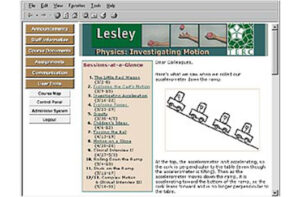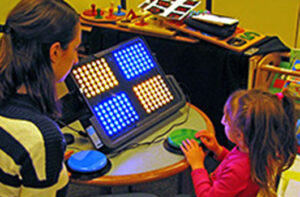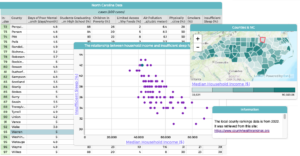Serious Games Analytics to Measure Implicit Science Learning
Elizabeth Rowe, Jodi Asbell-Clarke, & Ryan Baker
Serious Games Analytics. Advances in Game-Based Learning. Springer, Cham. pp 343-360.
Summary
Evidence Centered Game Design (ECgD) is an increasingly popular model used for stealth game assessments employing education data mining techniques for the measurement of learning within serious (and other) games (GlassLab, Psychometric considerations in game-based assessment. Institute of Play. Retrieved July 1, 2014, from http://www.instituteofplay.org/work/projects/glasslab-research/). There is a constant tension in ECgD between how pre-defined the learning outcomes and measures need to be, and how much important, but unanticipated, learning can be detected in gameplay. The EdGE research team is employing an emergent approach to developing a game-based assessment mechanic that starts empirically from what the players do in a well-crafted game and detects patterns that may indicate implicit understanding of salient phenomena. Implicit knowledge is foundational to explicit knowledge (Polanyi, The tacit dimension. University of Chicago Press, Chicago, IL,1966), yet is largely ignored in education because of the difficulty measuring knowledge that a learner has not yet formalized. This chapter describes our approach to measuring implicit science learning in the game, Impulse, designed to foster an implicit understanding of Newtonian mechanics using a combination of video analysis, game log analyses, and comparisons with pre-post assessment results. This research demonstrates that it is possible to reliably detect strategies that demonstrate an implicit understanding of fundamental physics using data mining techniques on user-generated data.

Related People:
Elizabeth Rowe and Jodi Asbell-Clarke












